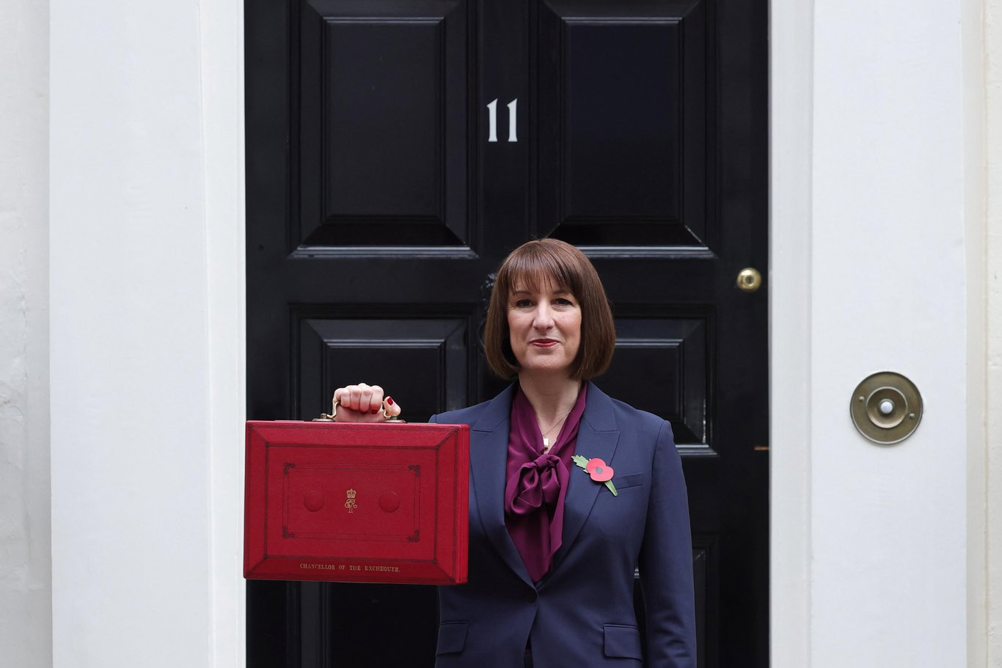
Chancellor Rachel Reeves’ Autumn Budget on 30 October – the first budget by a Labour chancellor in 14 years – introduced several key financial adjustments that directly affect the property industry, investor portfolios, and broader economic factors. The general expected flavour of this was expected but the devil of course is in the detail. This is a summary of the announcements most relevant to property investors and landlords, with a focus on tax changes, investment regulations, and economic measures.
Capital Gains Tax (CGT) Adjustments
- Rate Increase: The CGT rate on non-primary property assets has increased significantly. Gains are now taxed at 24% for higher-rate taxpayers (up from 20%) and 18% for lower-rate taxpayers (up from 10%) on general investments. Rates for residential property disposals remain at 24% and 18% respectively, bringing CGT in line with European averages.
- Exemption Threshold: The annual CGT exemption remains restricted at £3,000, a level set earlier in 2024. This limited allowance, along with the increased tax rate, will affect buy-to-let landlords and property investors who rely on asset appreciation to generate returns.
SDLT: Second home surcharge
- Surcharge increase: The second home surcharge was increased from 3% to 5%. This will disincentivise investment in the Private Rented Sector, reduce supply of rental property and increase rent levels.
Inheritance Tax Reforms
- New Cap on Relief: A notable change affects inheritance tax (IHT) on assets exceeding £1 million. For property investors and landlords with portfolios over this threshold, relief will be capped, meaning larger estates may face higher tax liabilities upon transfer. This may prompt some property owners to reassess estate planning or explore more tax-efficient structures.
- Impacts on Farming and Asset-Rich Businesses: Agricultural and family businesses, often asset-rich but cash-poor, may feel significant pressure due to the capped relief. Investors should consider restructuring options to mitigate potential IHT costs.
Corporation Tax and National Insurance Adjustments
- Corporation Tax: While corporation tax remains at its elevated 25%, the government confirmed no additional rate hikes in this budget. However, the lack of new allowances means property companies remain taxed on all earnings above £50,000, with no additional breaks for reinvestment.
- Employer National Insurance (NI) Contributions: From April 2025, employer NI contributions will rise by 1.2% to 15% for earnings above £5,000. This increase affects landlords employing staff for property maintenance or management. Additionally, the employment allowance will rise to £10,500, reducing NI costs for eligible businesses.
Property Investment Relief and Local Investment Incentives
- Investment in Private Sector Housing: In line with the push for affordable housing, the government has introduced a new relief aimed at developers committing to low-income housing projects. This relief encourages private sector investment in affordable rental projects, especially in urban areas.
- Green Home Renovations: Tax incentives have been introduced for eco-friendly improvements on rental properties. Property owners who install energy-efficient upgrades, such as heat pumps or solar panels, may receive tax credits, helping to offset renovation costs and promote energy efficiency.
Support for Tenants and Housing Affordability
- Rent Control Consultation: In response to rent inflation, the government is launching a consultation on potential rent control measures in high-cost areas, aimed at stabilizing housing costs for tenants. Although rent caps are not confirmed, this consultation reflects a significant government interest in moderating rental price increases.
- Housing Supply Investments: The budget allocates funds for accelerating house building and redevelopment in London and other metropolitan areas, with a focus on increasing the availability of rental units. This may positively impact urban property markets by increasing housing supply and creating investment opportunities for developers.
Crypto Asset Reporting Requirements
- New Crypto Reporting Obligations: From January 2026, the UK will implement expanded reporting for crypto asset transactions under the OECD’s framework. This affects property investors dealing in crypto-backed assets, as details on both domestic and foreign transactions must be reported. This shift is intended to improve tax compliance and transparency in the emerging crypto market.
VAT on Private School Fees
- Although indirect, landlords near private schools may see implications for rental demand as private school fees will incur VAT starting in January 2025. The VAT inclusion is likely to increase tuition costs, potentially reducing demand for rental properties near prestigious schools as demand from staff and support services decreases.
Broader Economic Indicators
- Inflation and Interest Rates: Forecasts predict inflation will average 2.5% in 2025, potentially signalling stability in consumer prices. However, ongoing high borrowing levels may keep interest rates elevated, affecting mortgage costs. For property investors reliant on financing, high interest rates may necessitate adjustments to investment strategies to maintain profitability.
- National Living Wage Increase: Effective April 2025, the National Living Wage will increase to £12.21 per hour, impacting landlords with employees and affecting rental affordability for tenants, as wage increases typically affect disposable income and housing demand.
The Autumn Budget 2024 brings significant changes to tax rates and regulations that will impact property investors, landlords, and businesses. With increases in CGT, tighter IHT relief, and new incentives focused on affordable housing and eco-friendly property upgrades, investors should consider strategic adjustments to maximize tax efficiency and align with emerging opportunities in the affordable housing sector. Additionally, inflation and interest rate forecasts, alongside local rent control discussions, signal potential shifts in the housing market landscape that property owners will want to monitor closely. By staying informed of these policy adjustments, property investors can better navigate the evolving UK property market and respond proactively to new tax and regulatory challenges.
Are you ready to navigate the changes from the UK Autumn Budget 2024? Whether you’re an established property investor or a landlord in Kent seeking to expand your portfolio, The Property Lifeboat is here to support you. Contact us today for expert advice on property management, tax planning, and staying compliant with the latest regulations.

